
Body Size: 40, Thread: N (NPT), Port: 04 (1/2), Option: Standard, Attachment: ST (S + T), Semi-Standard 1: 3 (Lubricator w/Drain Cock), Semi-Standard 2: Z (Name Plate, Caution Plate for Bowl, and Pressure Gauge: psi, °F)
Body Size: 40, Thread: N (NPT), Port: 04 (1/2), Option: Standard, Attachment: V1 (Residual Pressure Relief 3 Port Valve), Semi-Standard 1: 2 (Metal Bowl), Semi-Standard 2: Z (Name Plate, Caution Plate for Bowl, and Pressure Gauge: psi, °F)
Special Application: 10-AW (Clean Series), Body Size: 40, Reverse Flow: No, Thread: N (NPT), Port Size: 04 [1/2 (Size 40)], Accessory (Not Attached): None, Option 1: None, Option 2: JZ (Drain Guide+Name & Caution Plates for Bowl & Gauge in Imperail Units)
Body Size: 40, Thread: N (NPT), Port Size: 04 (1/2), Option: Standard, Attachment: V (3-Port Valve for Residual Pressure Release; Mounting: AF+AR+V), Semi-Standard 1: Standard, Semi-Standard 2: RZ (R + Z)
Body Size: 40, Thread: N (NPT), Port: 04 (1/2), Option: Standard, Attachment: V (Residual Pressure Relief 3 Port Valve), Semi-Standard 1: 3 (Lubricator w/Drain Cock), Semi-Standard 2: WZ (W + Z)
This is a legacy product. Please contact us for the latest version.sales@ocaire.com
T (mm) (mm) Rod end male thread Applicable bore size V W X U R S T Q Part no.
Large effective area Low power consumption 1/4 67 111 31 55 40 64 (Max. 73) AVL2000-*02 Manual/Manual solenoid lock out Modular design 1/4 67 20.5 111 31 55 34 40 64 (Max. 73) AVL2000-*02-*DZM 3/8 76 118 36 57 48 64 (Max. 73) AVL3000-*03 How to Order 3/8 76 12.5 118 36 57 34 48 64 (Max. 73) AVL3000-*03-*DZM 1/2 98 133 47 61 52 64 (Max. 73) AVL4000-*04 G 20 00 F DZM R 5 02 AVL 1/2 98
Refer to gauge guide (P.94). r w q w q Sample Order Number Port 2P 4PL 01 S BP10 e r t 0 4 4 4 4 1 MPA e 2P 4PL qIN wOUT erGauge port (Inlet) Specifications BP1030 15 to 300 psig (0.1 to 2.1 MPa) BP1001 0.5 to 10 psig (0.0034 to 0.07 MPa) BP1002 1 to 30 psig (0.007 to 0.2 MPa) BP1006 2 to 60 psig (0.014 to 0.4 MPa) BP1010 5 to 100 psig (0.034 to 0.7 MPa) BP1020 15 to 200 psig (0.1 to 1.4
3 e r !2 !1 u t w y CHK CHN CHM CHM CHS CH2 o !
Actuator driving system Inside of clean room w t e q r t q Cylinder relief port piping w Solenoid valve exhaust piping e Breathing piping of regulator r Drain piping t Exhaust Cleaner for Clean room/AMP series Cylinder relief port piping Series 10-/12-/21(atmospheric release type) Connect the relief port piping with the dedicated duct piping installed outside the clean room or with the exhaust
A 40 150 C73 21 C D M 2 R A 40 150 C73 Number of auto switches Mounting style 2 pcs. 1 pc.
Bore size 12 to 25 Without auto switch, With auto switch CD hole H10 0.4 0.2 CX CL 4 x CN R M CT A + Stroke CW CZ Applicable Cylinders/Double Clevis Pivot Bracket Part No. (mm) Hexagon socket A CN part no.
0 e e u u r i !1 r t !1 !0 Port 1 Port 2 Port 1 Port 2 Valve element A t q q o o w Valve element B y w Port 3 3 Port valve 2 Port valve Working Principle When the pilot operated solenoid valve !2 is not energized, the valve element A t connected to the piston u is closed by the return spring i. Then valve element B y connected to the valve element A t is open.
Leakage voltage Particularly when using a resistor in parallel with a switching element and when using a C-R element (surge voltage suppressor) to protect the switching element, take note that leakage current will flow through the resistor, C-R element, etc., which may prevent the valve from turning off. 2.
Keep rotating the initial air supply adjustment nut r to the right, and the minimum possible initial air supply flow is the point at which the name plate and adjustment nut mark align closest to where torque is felt. (The initial air supply adjustment nut r is set at the minimum flow rate position at factory shipment.
Pad assembly ZL ZH ZH Pad Locking status: Acceptable e ZH -X267 q Lock plate w Lock screw r Stud assembly Unlocked ZHP ZHP Adhesion q Remove the lock screw. w Push the lever (on the ejector side) of the lock plate to slide it to a position where it stops completely. e Pull out the pad assembly. r Pull out the stud assembly from the pad assembly. t Remove the holder. y Remove the plate from
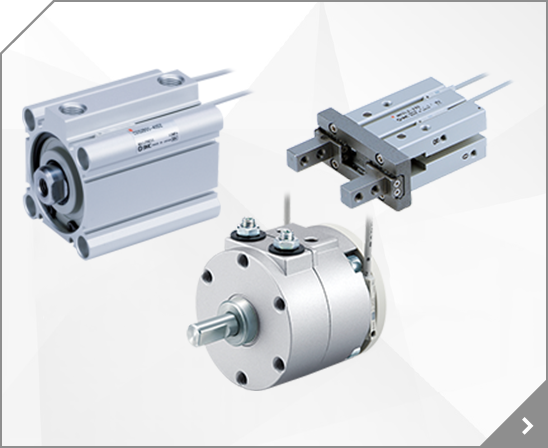
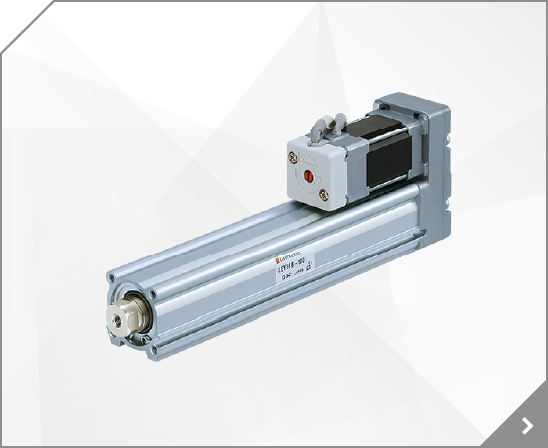
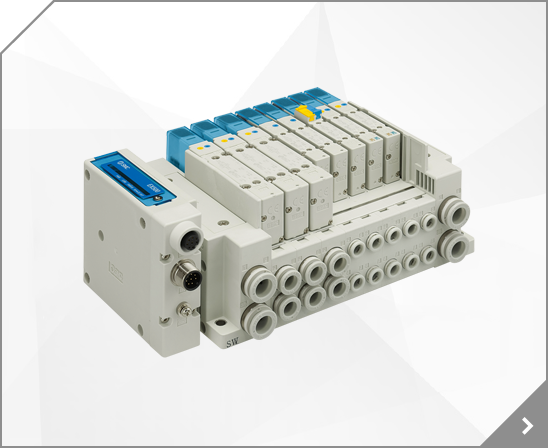
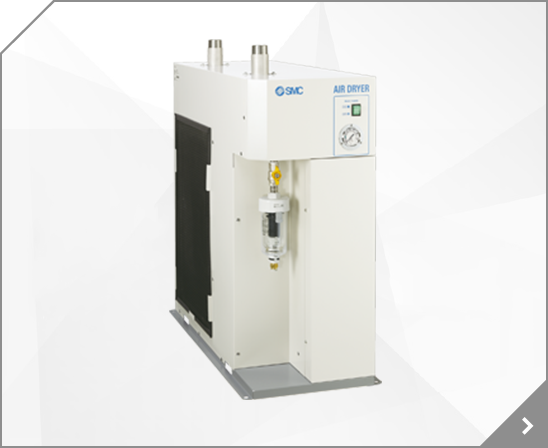
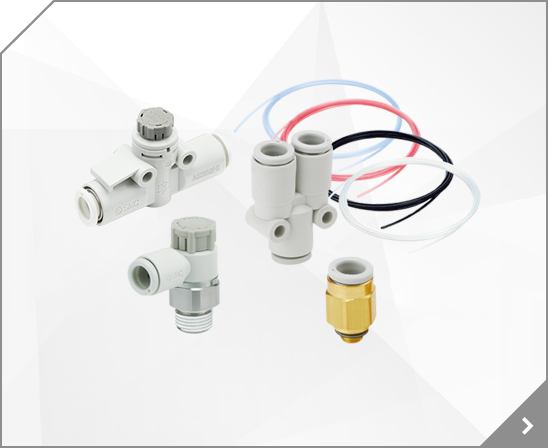
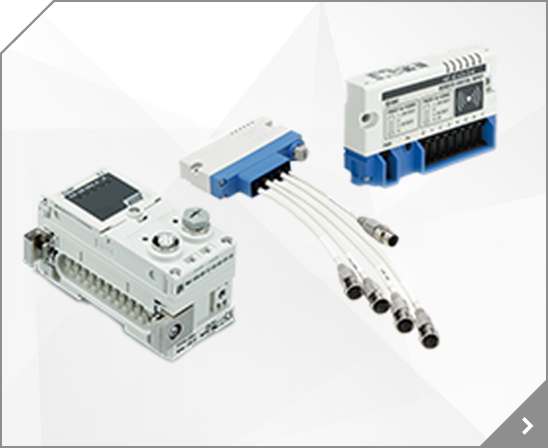
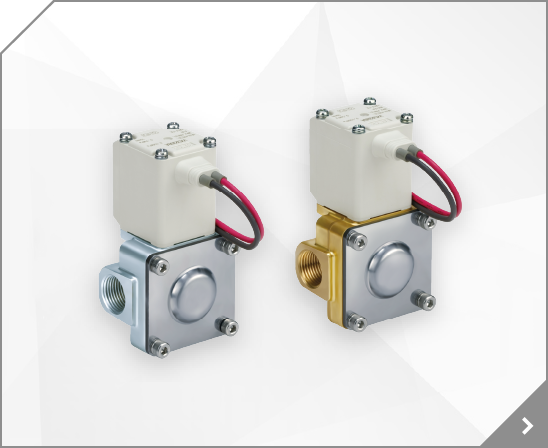
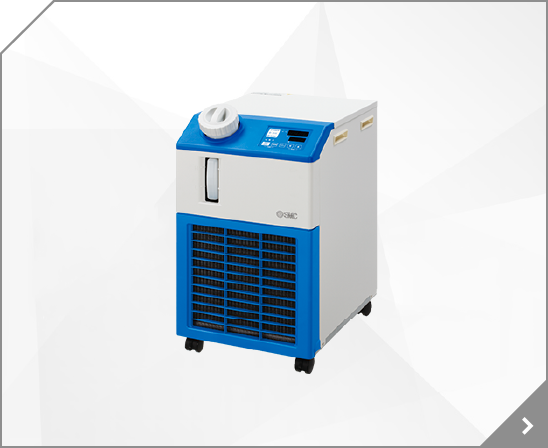
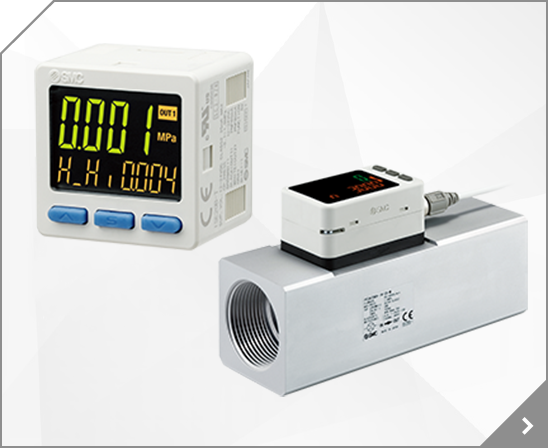
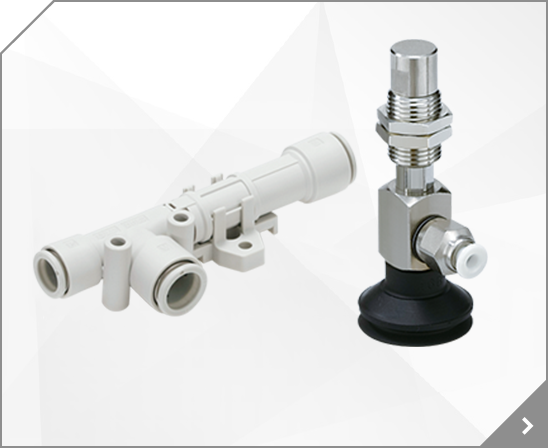

 Information
Information